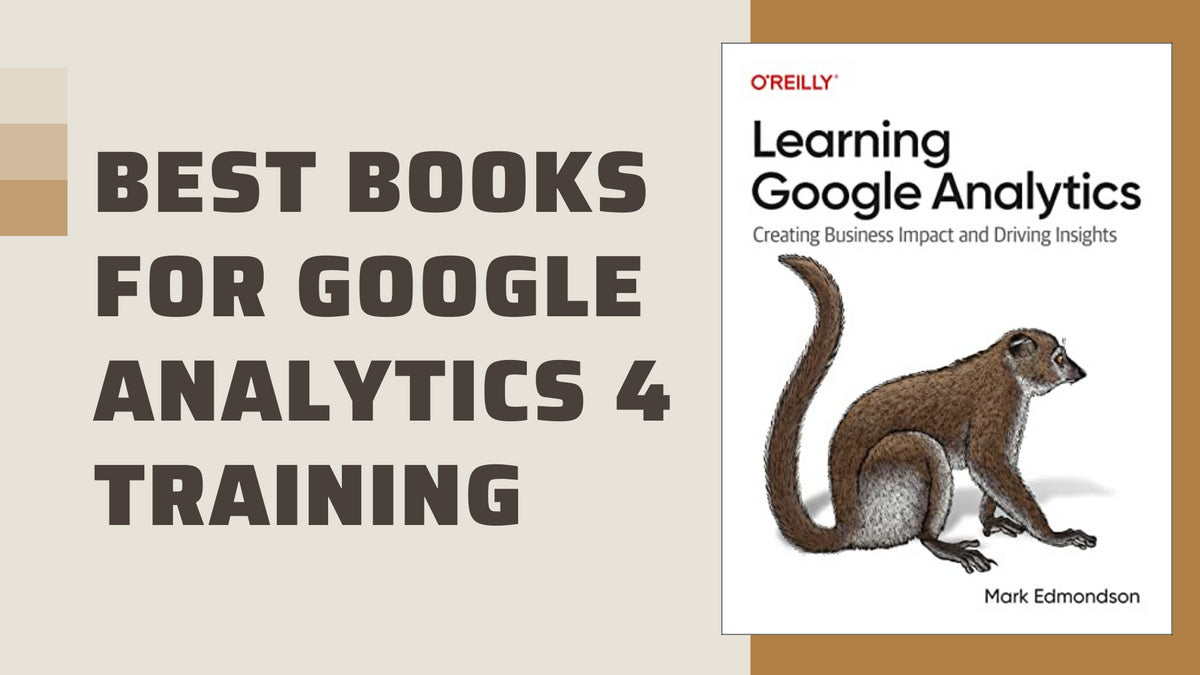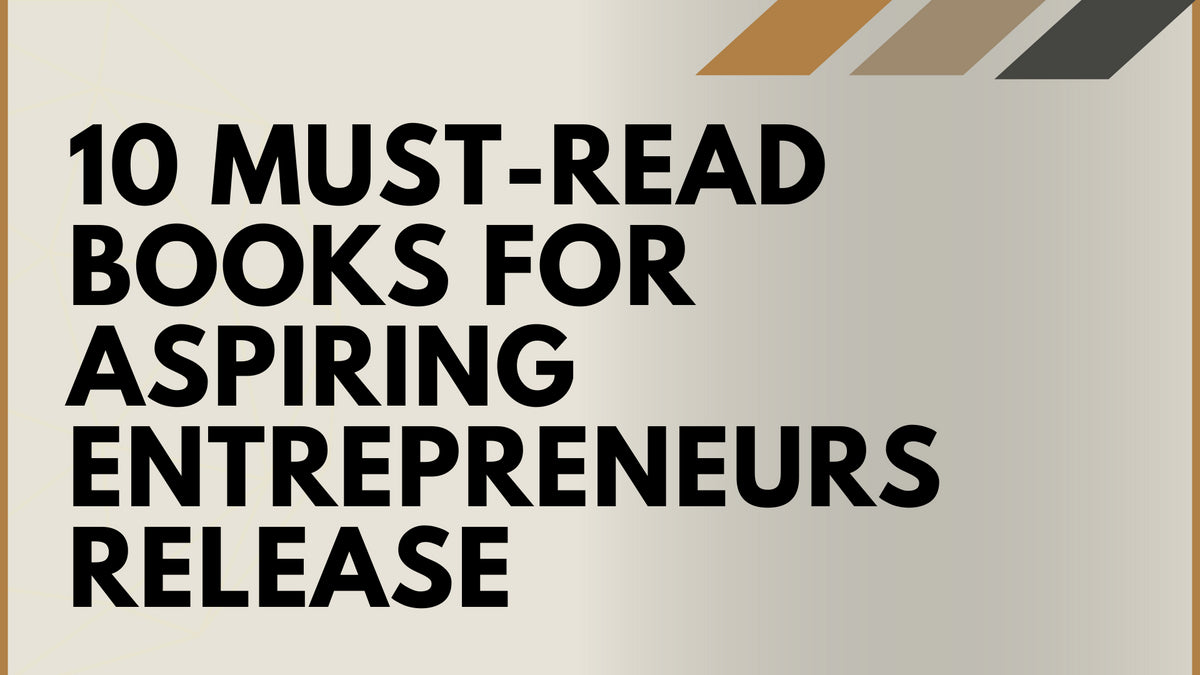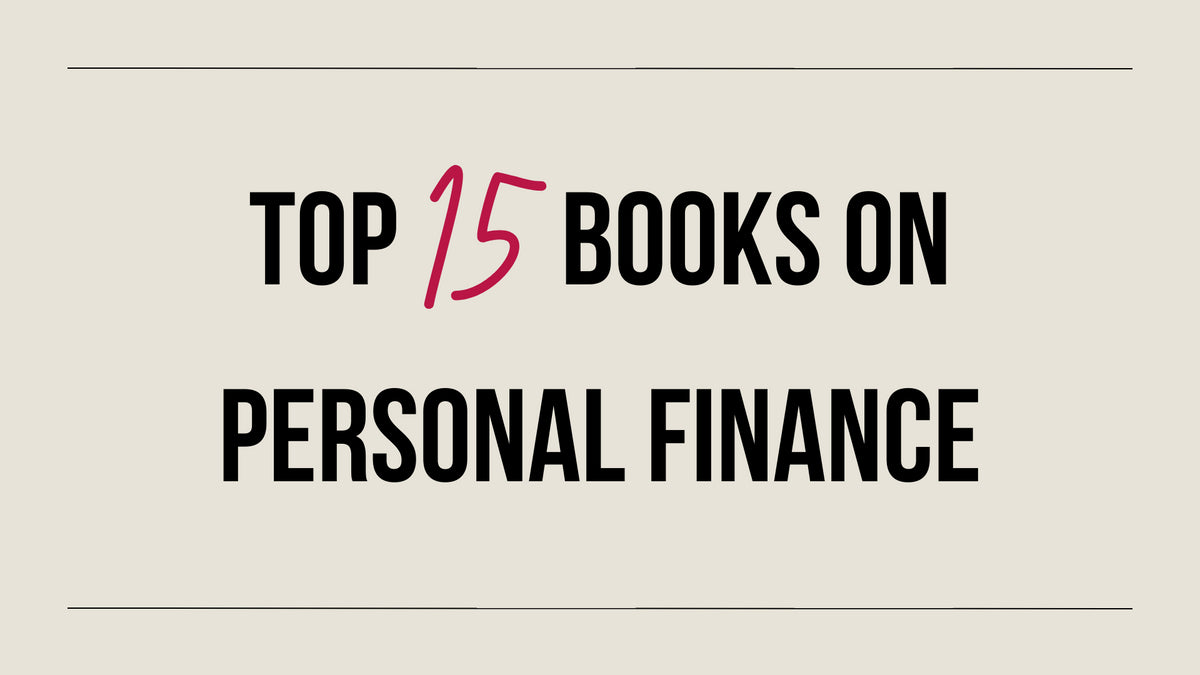Your Cart is Empty
Perfectly Confident Book Summary: Balancing Overconfidence & Underconfidence
Listen To This Article
Make Better Decisions In Business & Life
A certain balance of confidence is essential to inspiration and a willingness to take advantage of important opportunities. Over-confidence in competence and abilities can damage credibility and lead to poor outcomes. Underconfidence can result in lost opportunities due to hesitancy. The best path is to find a balance of confidence which equates to being perfectly confident. The balance is found by doing things like listening to other perspectives and questioning personal biases. An optimal balance of confidence, gained by recognizing and responding to personal limitations, can improve decision-making, make a person a trusted source and enable adjusting confidence along the way.
Building The Right Amount Of Confidence
- Confidence is not everything
- Asking “which” is more important than asking “whether” because it leads to considering options
- Both being overconfident or underconfident can lead to missed opportunities
- Recognizing other people are challenged can help calibrate confidence
- Getting a range of diverse opinions can help a person overcome personal biases
- Make predictions that include many potential outcomes to prevent overconfidence
- Confidence should be based in abilities and reality
- True self-confidence comes from knowing what you do not know
- Find a middle path for confidence by communicating honestly about what you do and do not know, becoming a trusted authority
- Decision-making should involve considering a wide range of possibilities to better calibrate self-confidence
- Welcome fresh information that may not be information you want to hear

Featured In This Review
Perfectly Confident
$10.61
A book about the right way to set and achieve goals. Looking ahead too far is going to keep you from achieving the most you possibly can. To find out why and how to be your most productive self read this book.
SHOP NOWPerfectly Confident Book Summary
The book Perfectly Confident by Don A. Moore brings together studies from behavioral economics and psychology to explore confidence - when it is helpful and when it is destructive. Having some confidence is important to success, but there must be balance. An individual can believe in their own ability, but being overly-confident can lead to missed opportunities. There are plenty of stories backing up this thought in the book Tools of Titans in which successful people share their victories and stumbles. Moore’s message in one sentence is this: Contrary to what many think, overconfidence is not harmless. It is dangerous because people make decisions without enough information, so rely on intuition to close the information gap. The issue is that intuition can lead to poor decisions and inferior performance.

A person with too much confidence makes assumptions. One example given is a business that believes it will have a great financial second quarter, while a different business anticipates being in the red. The second company is more motivated to develop solutions. Confidence can lead to making a good start on something, but it does not guarantee success over the long-term. The brain, according to the book Stumbling on Happiness, fills in gaps and simulates experiences, and lack of awareness of these powers leads to wrong decisions. Overconfidence is clearly a stumbling block to good decision-making.
If focusing on smaller goals and tasks that are achievable is the key to success then here are 25 goal setting journals to help you track your progress.
Want to buy a book review like this?
Click here to learn how to get your book reviewed!
Underconfidence can also lead to lost opportunities. If a person is not confident in their ability to do something, it is unlikely the person will even try. Often, underconfidence is the result of knowing the limits of their abilities but not recognizing that others have limits also. You may try to learn a new language and discover others in the class already speak the language better than you. You conclude that the other students are better at languages and fail to take into account the other students may have already spent considerable time learning the grammar and vocabulary. Discouragement comes from the inability to know or see what others are doing. Feeling inferior comes from comparing oneself to others without knowing how hard others are working. It is a source of unhappiness. As the book The Happiness Advantage explains, being positive is the key to feeling happy and good about oneself. Feeling inferior is not a positive emotion.

However, you also do not want to become over confident as a response. According to the author, the best course of action is to consider a range of possible outcomes. Decision-making is actually a forecasting process. Getting too specific in predictions can lead to poor decision-making, so it is important to allow for uncertainty. Expected value is used in statistical forecasting for this reason. It assigns probabilities to a range of possible outcomes. This same principle can be applied in many situations. For example, you determine a project will take 12-15 days to complete. Average out the outcomes based on probabilities, and you get a mathematical estimate of when the project is most likely to be done. By considering all the possible outcomes, you are not relying on a single assumption that could be wrong. It takes some discipline to adhere to this strategy, but discipline helps people live their best life, an argument presented in the book Discipline Equals Freedom.
The best path is to find what Moore calls “the middle way between having too much and having too little” confidence. The middle way is a balance of confidence. Developing this middle way will take what the book Grit says is required: knowledge of what you want and hard work and resilience.
It comes down to thinking in terms of “which” choice you want to make among the alternative outcomes, as opposed to “whether” you want to make a choice. Thinking in terms of “which” means you are considering specific options. An excellent point made is that you should consider others’ perspectives to help challenge personal biases. Getting the perspectives of a variety of people can make decision-making more accurate. This is true even when people disagree because disagreement expands thinking and balances out errors individuals make. The key is to draw upon a range of diverse opinions. Asking only people who think like you and have the same biases will not provide balance or promote thoughtfulness in decision-making. It is one of the premises in the book Leading. Leaders constantly listen and learn from others.

Self-confidence should be backed by something, like achievement. People at the top of an organization, like CEOs, may be self-confident, but they have demonstrated competence and success. Ability is what earns trust because it is not fake. Fake confidence is what scammers have. They try to trick or bluff people into thinking they have more ability than they do. Confidence must be based in reality. Finding balance between being overly pessimistic means communicating honestly about what you do and do not know. The book Principles talks about radical transparency and radical truth, and that is what leaders need to develop reality-based confidence.
Leaders need confidence, of course. They must believe in their abilities without being overconfident. Trying to maintain a false front is not a good plan. Good leaders are open to new and available information and are aware of what they do not know. How leaders interact with others is, according to the book Give and Take, the driver of success. It is important to set clear standards to maintain an accurate self-image of confidence. Leaders should be willing to hear opinions, perspectives and information that does not support their personal opinions or ideas. Leaders who only expect reinforcement of their opinions and adulation are not good leaders. Good leaders encourage questions and concerns, even if they go against what the leaders believe.

The information in this book makes sense, but it will make you skeptical of a book like Think and Grow Rich. Moore’s perspective is that just thinking you are self-confident is not a path to success, unless the confidence is backed up by a diversity of information and perspectives. It is difficult to critically re-examine what we feel confident about. That is why Moore provides tools and exercises to help readers challenge their assumptions, so they can be “perfectly confident” in decision-making. This is a well-written book that is filled with stories that make the author’s arguments relevant to real world experiences.
About The Author Don A. Moore
Don A. Moore received his PhD in Organizational Behavior from Northwestern University in 2000. From 2000-2010, Don Moore was the Assistant to the Associate Professor of Organization Behavior at the Tepper School of Business at Carnegie Mellon University. In 2015 to the present, he has served as the Faculty Director of Xlab. From 2010-2016, Moore was the Associate Professor in the Management of Organizations Group, Berkeley Haas School of Business.
Don Moore is currently the Lorraine Tyson Mitchell Chair in Leadership and Communication at Berkeley Haas School of Business and has served as Associate Dean for Academic Affairs since 2021. His research interests include overconfidence, including when people think they are better than they actually are, when people think they are better than others, and when they are too sure they know the truth. Other research interests include ethical choice, decision-making and negotiations. Don's research has appeared in popular press outlets and academic journals, including the New Yorker, the Wall Street Journal, NPR, the Journal of Personality and Social Psychology, Experimental Economics, and Psychological Review.
Through the years, Moore has earned a number of awards. In 2007, he was awarded the Weil Prize (Carnegie Mellon University) for the paper “Bayesian overconfidence” with Paul J. Healy. Also in 2007, Moore was awarded the Cummings Scholar Award from the Academy of Management for significant scholarly achievement. In 2007 and 2011, he earned Best Paper Award from the Managerial and Organizational Cognition Diversity of the Academy of Management.
There are a number of YouTube videos available, including one in which he discusses the psychology of confidence at Berkeley Haas. Moore is frequently invited to join panel discussions and speak to groups about the psychology of confidence. He is on LinkedIn and Twitter. To date, the book Perfectly Confident is his sole book.
Want to buy a book review like this?
Click here to learn how to get your book reviewed!
Leave a comment
Comments will be approved before showing up.
Also in Books

The Best Books for Google Analytics 4 (GA4) Training
Unlock the secrets of Google Analytics 4 with our curated list of the best GA4 training books for 2023! Dive deep into actionable insights, master advanced techniques, and lead the digital analytics revolution. Don't get left behind; discover the ultimate resources to dominate GA4. Click now to elevate your skills!
Read More
10 Must-Read Books for Aspiring Entrepreneurs
Do you dream of starting your own business? If so, you need to read this article! We've compiled a list of 10 must-read books for aspiring entrepreneurs. These books will provide you with the knowledge and inspiration you need to turn your dream into a reality. Click here to read the article and learn more!
Read More
Top 15 Books on Personal Finance
Are you looking for a safe and informative place to learn about personal finance? If so, you've come to the right place! This article discusses the top 15 personal finance books on the market, all of which are sure to help you improve your financial situation without any explicit sexual descriptions or that is sexually suggestive in nature or is primarily intended to cause arousal.
Read More